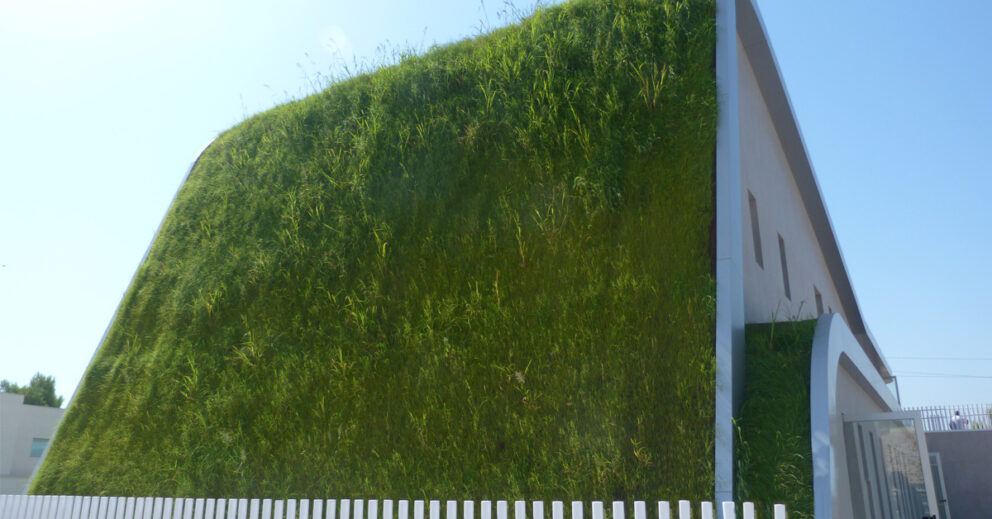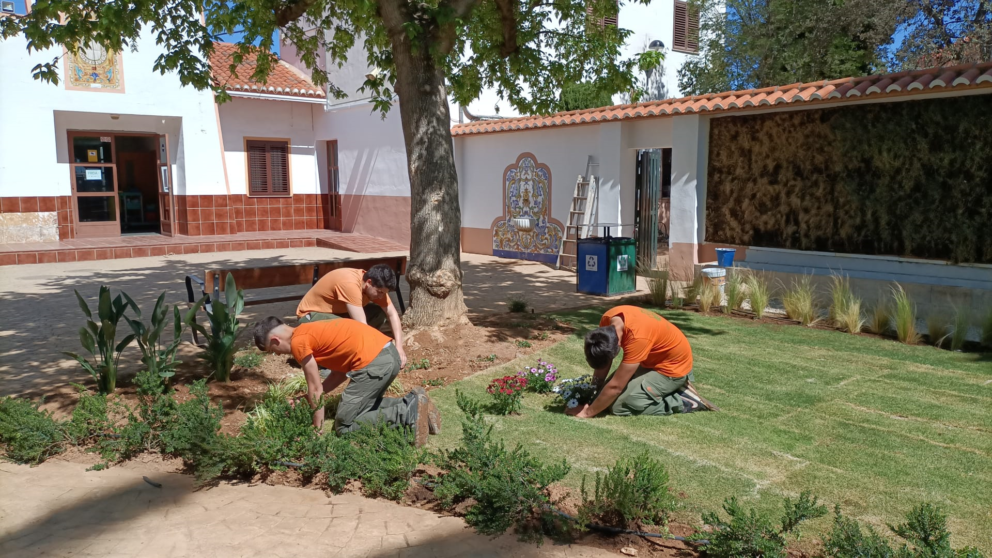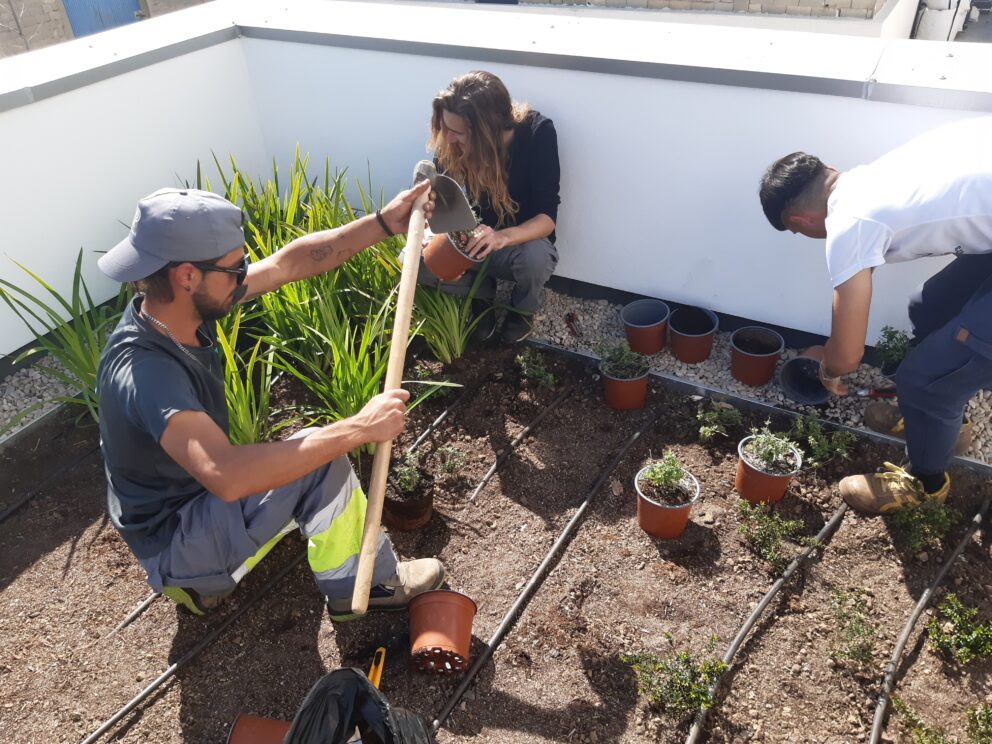In Spain Paimed and Projar are working on the development of a new vertical gardening system, the Urban Tecroc. The goal is to achieve a vertical gardening system rich in biodiversity, resistant and sustainable, with reduced installation and maintenance costs that will boost its implementation in the market.
It is widely known that vertical gardens are spaces of high landscape value in the urban environment, which contribute to mitigate the carbon footprint of cities and boost their resilience to face the climate change. However, their mainstream implementation is mostly limited to the private sector, which have made them considered as an exclusive product.
Within the framework of the Smart Green City 4.0 project, in Spain Paimed and Projar are working on the development of a new vertical gardening system, the Urban Tec-Roc. The goal is to achieve a vertical gardening system rich in biodiversity, resistant and sustainable, with reduced installation and maintenance costs that will boost its implementation in the market. The project involves vocational training schools and companies in the green infrastructure sector, and is financed by the Ministry of Education through Next Generation-EU funds.
The technology under development is based on Projar’s Green Tec-Roc system, a bioengineering application to integrate new infrastructures within the landscape. This technique consists of overlapping volumetric Trinter geogrids that retain, protect, and confer structure to the substrate. The geogrids are reinforced with high-strength geonets or triple torsion meshes. The result is a highly resistant structure, adaptative to any type of slope or climate, and stable in the long term.
To guarantee the viability of the Urban Tec-Roc as a vertical garden, technical aspects of all its elements are being studied: the anchoring structure, the support based on volumetric Trinter georids, the substrate, the planting pallete and the irrigation system.






